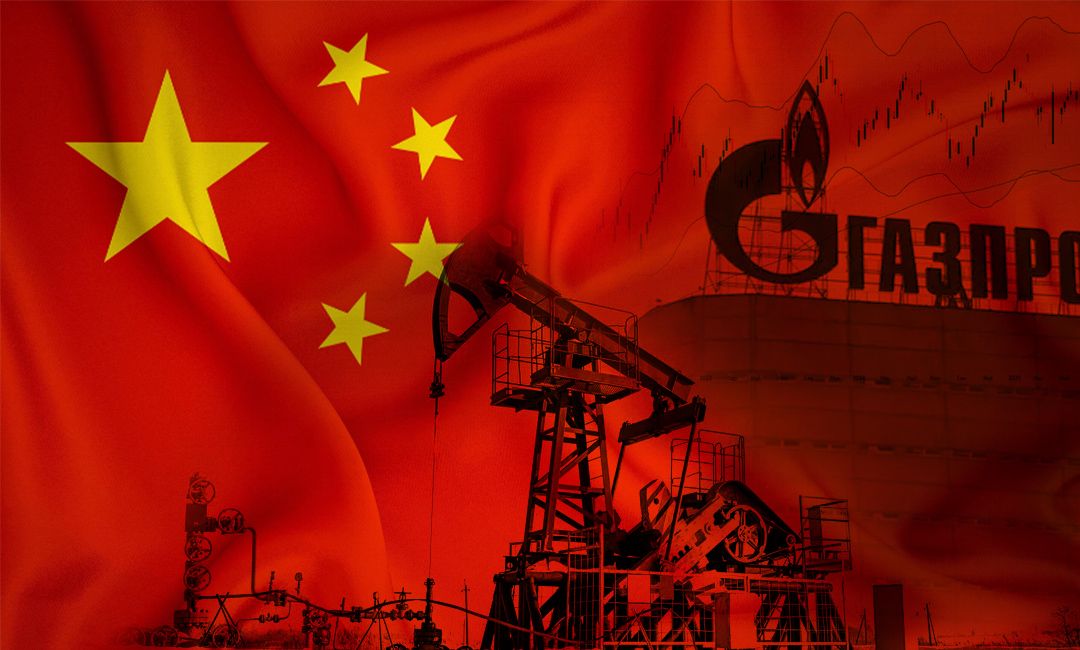China Poised to Reopen Bond Market for Russian Energy Firms – FT

China is preparing to let major Russian energy companies raise capital in yuan through so-called “Panda bonds,” in what would be the first such access since Moscow launched its full-scale invasion of Ukraine.
The Gaze reports this, referring to the Financial Times.
According to the report, senior Chinese financial regulators signaled their backing at a late-August meeting in Guangzhou with executives from Russian energy groups.
If confirmed, it would mark the first sale of Russian corporate debt on the domestic Chinese market since 2017, when aluminum producer Rusal raised 1.5 billion yuan.
The decision underscores Beijing’s growing financial and diplomatic alignment with Moscow, even as sweeping Western sanctions have barred Russian firms from international capital markets since 2022.
Until now, Chinese banks had largely avoided public financing deals with Russian entities for fear of secondary sanctions.
The yuan has nonetheless become increasingly important for Russia’s sanctions-hit economy.
Since 2022, a handful of Russian companies including Gazprom and Rusal have issued yuan-denominated bonds domestically.
Sources told the FT that any revival of Panda bond issuance in China would likely start with just two or three firms, potentially including state nuclear giant Rosatom and its subsidiaries, which are less directly targeted by Western restrictions.
Gazprom, sanctioned by the U.S. since 2022, recently received a coveted AAA rating with a stable outlook from Chinese agency CSCI Pengyuan – a requirement for foreign borrowers entering China’s bond market.
Other Russian energy players, such as Rosatom’s Atomenergoprom, LNG supplier Novatek, and oil producer Zarubezhneft, have also secured Chinese credit ratings in recent months.
As The Gaze previously reported, another tanker carrying sanctioned Russian liquefied natural gas from the Arctic LNG 2 project arrived at a Chinese port just days after the Russian and Chinese presidents met in Beijing, confirming the continuation of energy cooperation despite Western sanctions.